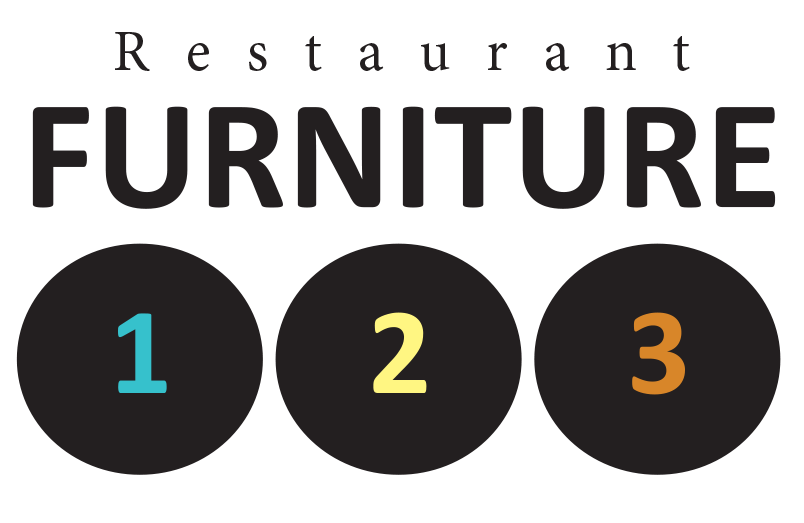
The Americans with Disabilities Act requires buildings and facilities that provide goods and services to the public to be accessible to individuals with disabilities.
Restaurants and other eateries are subject to applicable laws and are searching for furniture that is ADA compliant. California is leading the way in compliance, and other states are sure to follow. The following is just a relevant synopsis.
California Building Code
In addition to the ADA, California has its own requirements for accessibility compliance, described in the California Building Code.
California is one of the most ADA compliant states in the nation. The ADA is enhanced in California by the Unruh Civil Rights Act (Civil Code Section 51) that subjects a person to actual damages incurred by an injured party, plus treble actual damages but not less than $4,000, and any attorney’s fees as the court may determine. All people, regardless of sex, race, color, religion, ancestry, national origin, disability or medical condition, are entitled to the full and equal accommodations, advantages, facilities, privileges and services in all manner of business establishments. A violation of the ADA also constitutes a violation of California state law.
Food and Restaurant Services
People with disabilities need to access tables, food service lines, and condiment and beverage bars in restaurants, bars, and other establishments where food and drinks are sold. There must be an accessible route to all dining areas, including raised or sunken dining areas and outdoor dining areas, as well as food service lines, service counters, and public restrooms. In a dining area, tables must be far enough apart that a person using a wheelchair can maneuver between the tables when patrons are sitting at them. Some accessible tables must be provided, dispersed throughout the dining area rather than clustered in a single location.
Restaurants must provide access to self-service items. A woman using a scooter should be able to select items from the condiment bar at a casual restaurant. Adequate maneuvering space and items placed within reach make it possible for her to serve herself.
Accessible tables must have a top height of 28″ to 34″ and knee space 27″ high by 30″ wide and 19″ deep. A 36″ diameter square table with a pedestal will not meet these requirements.
Where food or drink is served at counters exceeding 34″ (865mm) in height for consumption by customers seated on stools or standing at the counter, a portion of the main counter, which is 60″ (1525 mm) in length minimum, shall be provided in compliance with 34″ maximum counter height and 19″ clear depth, or service shall be available at accessible tables within the same area.
This is not meant as legal advice. Some sources with significant expertise addressing access compliance issues in California include Ashdown Architecture, Inc., Stepping Thru Accessibility, and the Department of General Services for California. (This is not an endorsement; we reference them here for your information only.)
Outdoor Restaurant Seating is committed to supplying you with ADA-accessible furnture as it becomes available (Click here for examples from Florida Seating).
Call 610-674-3122 to speak with our representatives to discuss your project and help you identify the colors, stock, lead time, and budget to best fit your needs, or click Outdoor Restaurant Seating to shop at our site and read relevant articles.
Outdoor Restaurant Seating offers the best value in indoor and outdoor commercial furniture including chairs, tables, barstools, sectionals, and accessories for restaurants, cafes, social clubs, and other organizations that offer dining experiences. Restaurant owners and managers depend on us to maximize space utilization, outdoor conditions, and high quality furniture to deliver comfortable accommodations for patrons and – most importantly – the best return on investment.
If you are interested in our synthetic teak outdoor furniture, visit our other site: Synthetic Teak Furniture.

